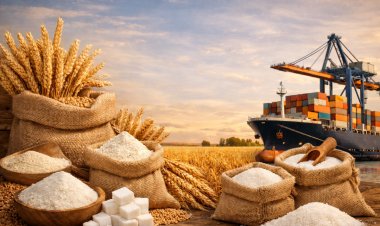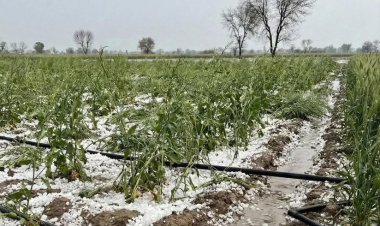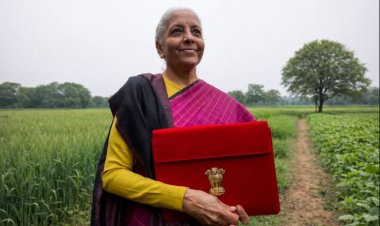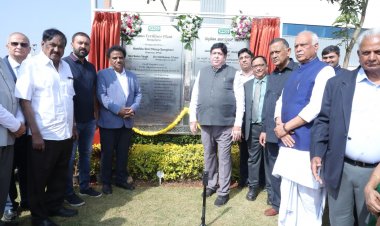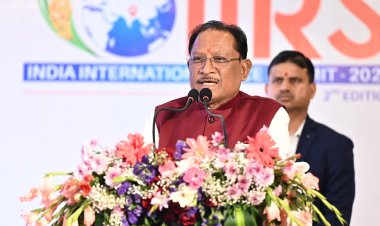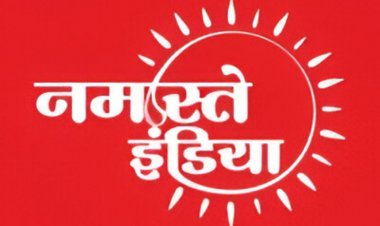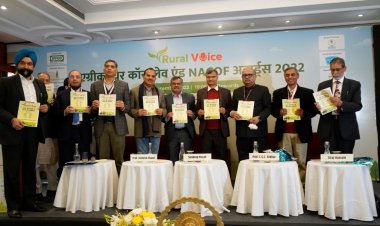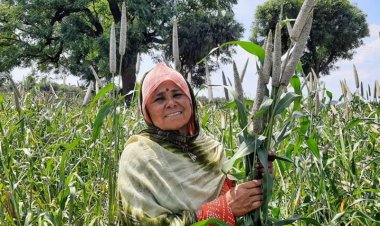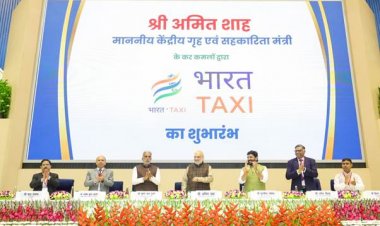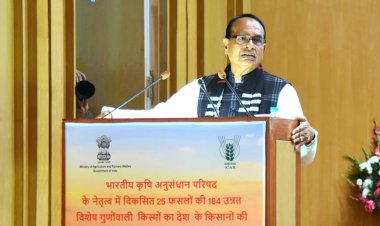Climate concerns impact crops in India: CRISIL
Pre-monsoon heatwaves, patchy progress of rainfall during the monsoon, and excess rainfall post-monsoon have impacted several agricultural crops and swayed food inflation in India, research and rating agency CRISIL says in its latest report.

Pre-monsoon heatwaves, patchy progress of rainfall during the monsoon, and excess rainfall post-monsoon have impacted several agricultural crops and swayed food inflation in India, research and rating agency CRISIL says in its latest report.
This year has been a wake-up call for India as well as for others in the sub-continent and other parts of the world hit by intense heat waves, erratic rains, floods, droughts, storms and cyclones causing widespread damage to life and property.
India is most vulnerable to the physical risks of climate change in Asia as per several kinds of research. An analysis by the United Nations’ Intergovernmental Panel on Climate Change (IPCC) indicates that agriculture in India will come under greater pressure from increased frequency of heatwaves, more rainfall extremes (more frequent dry spells and extreme rainfall), water scarcity, and soil degradation, the report said.
Climate change is primarily a fiscal challenge for governments. At the recently concluded COP27 climate summit, India submitted its long-term low-carbon development strategy that aims at expanding renewables use, strengthening energy efficiency measures, rationalizing fossil-fuel resource utilization, and ensuring optimum energy mix while following on a development-focused transition.
“The damage from climate shocks, though, is visible already. Therefore, in the short term, the Indian government’s climate action response should also more sharply focus on mitigating risks to the agriculture sector. While the government cannot control the physical climate risks to the sector, it can speed up other efficiency improvements, such as reducing crop wastage, improving irrigation, setting up warehousing facilities, and promoting research, development and introduction of weather-resilient, high-yielding varieties of crops,” the CRISIL report points out.
Promoting investment in food processing and cold storage to reduce food wastage is another option that can help reduce losses.
On the issue of climate change, the report states: “In India, changing monsoon patterns and rising frequency of extreme weather events could largely be explained as offshoots of climate change. This highlights a bigger concern around the need to assess climate shocks and their impact on the Indian economy. Though there are learnings from other countries, which are first movers attempting to mitigate the impact of climate change, India’s problem is also unique, given its high reliance on agriculture for employment and output, the repeated struggles with controlling food price inflation, high reliance on fossil fuel for power, the high-emission intensity of industrial production and limited fiscal space to react and/or respond to climate change.”



 Join the RuralVoice whatsapp group
Join the RuralVoice whatsapp group


















